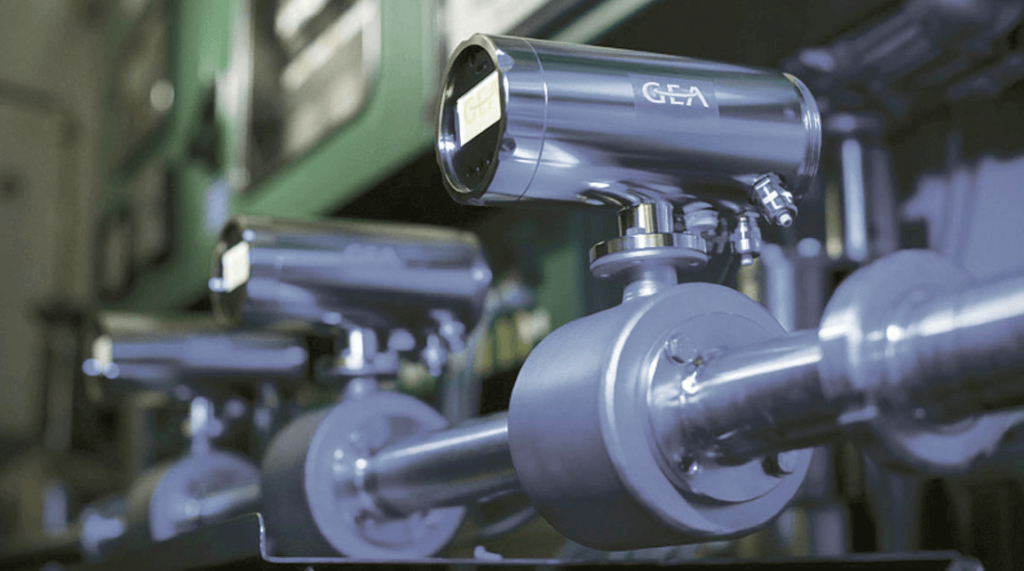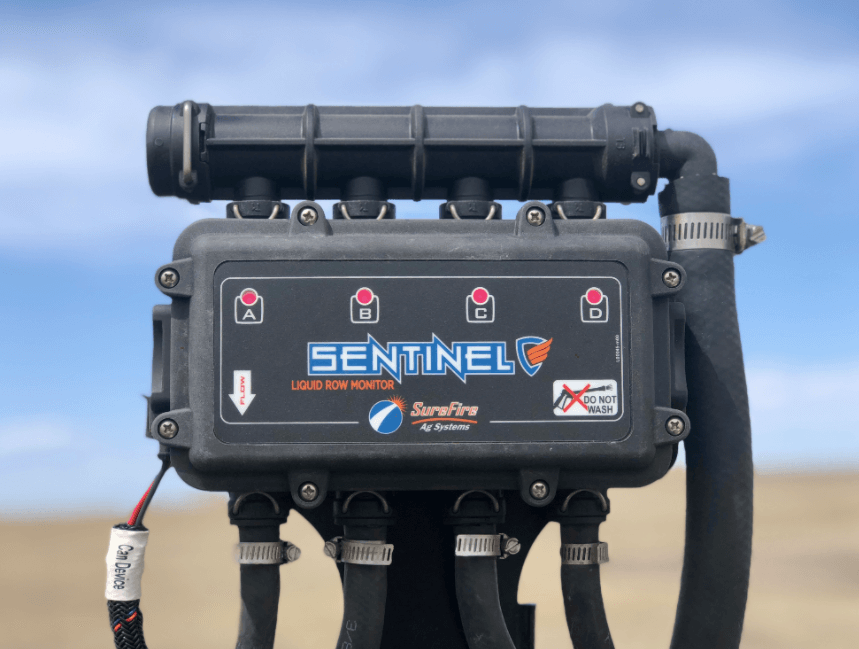Liquid Flow Meters are essential equipment in chemical industries, refineries, water treatment, power generation plants, etc. to monitor the liquid flow. They help keep the entire system running efficiently by monitoring the flow of fluids or liquids over different pressures and temperatures.
Several models of flowmeters are used in industrial applications to measure the exact flow value. However, below are the most commonly used flowmeter types-
Differential Pressure Flowmeter
It is the most common type of flowmeter used in oil and gas, chemical industries. It measures the differential pressure across the orifice, where the flow is related to the square foot differential pressure produced.
A differential pressure flowmeter consists of two components, primary and secondary. The primary component introduces constriction in the pipe, creating differential pressure. The secondary component measures the pressure and determines the liquid flow.
This type of flowmeter is available in several different types, including flow tubes, elbow-tap meters, venturi tubes, orifices, etc.
Positive Displacement Flowmeter
These meters measure the flow rate via the volume of liquid passing through them. The process involves entrapment of the fluid in a container by the unit as it moves through the flowmeter.
It is quite similar to the case when you allow water to fill the bucket up to a specific level, after which it starts flowing out. These meters are able to measure even the meager flow rates and are ideal for any liquid, irrespective of its viscosity.
While the other types of flowmeters measure other parameters and then convert them into flow rates, this tool measures the actual flow rate of a liquid.

Single-Use Application Disposable Flowmeter
Single-use applications have become a norm today, especially in the pharmaceuticals and biotechnological industries. A disposable flowmeter clamp holder system is specially designed equipment that expedites the exchange of flow tubes in single-use applications.
These flowmeters have disposable PVDF or PFA turbine flow sensors that are useful in a wide range of flow processes. These devices are also suitable for long-term measurements. Some of the options include programmable K-factor, alarm, batch functions, etc.
Velocity Flowmeters
These types of meters are designed for applications in chemical and refinery industries, wastewater treatment, etc. Attached directly to the pipelines, these units have fittings and flanges.
Some of the significant advantages of these flowmeters are-
- High accuracy in low-viscous liquids
- Fixed pressure loss at all the flow rates
- Reliable operation over a range of temperatures and pressures
They are available in several types, such as ultrasonic, turbine and paddlewheel, electromagnetic, etc.
Open Channel Flowmeters
An open channel flowmeter is a liquid system that determines the flow rate by measuring the liquid depth. It is available in two different categories- flumes and weirs. Based on the size and shape of the structure, these overflows allow a precise flow of liquids.
Some of the advantages of using this type of flowmeter are they are easy to install, modular system, high accuracy, etc.

Mass Flowmeters
This equipment provides the user with the right value of flow rate by measuring the mass of the substance. Thus, it is a weight-oriented flowmeter and is usually installed in chemical industries, where weight-based readings are important for volumetric analysis.
They are most commonly used for liquids whose viscosities change with the velocity. You can use this equipment over a range of temperatures or pressures, and it gives unparalleled accuracy.
Conclusion
These are the popular flow measurement meters employed in flow measurement applications. Consider the application area, nature of liquids, flow rate, and choose the right type of flowmeter to find the best results.
